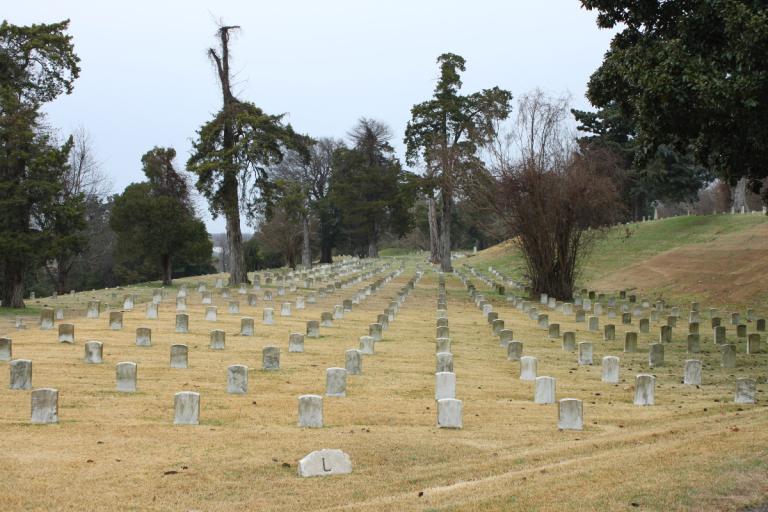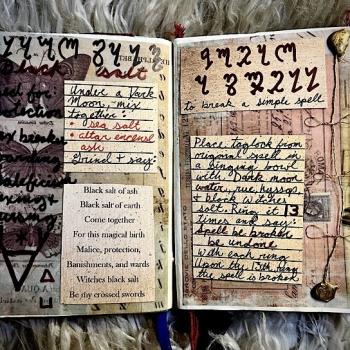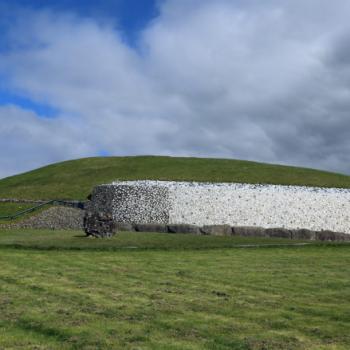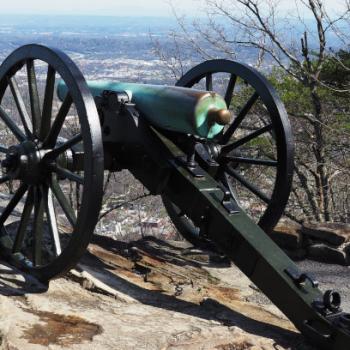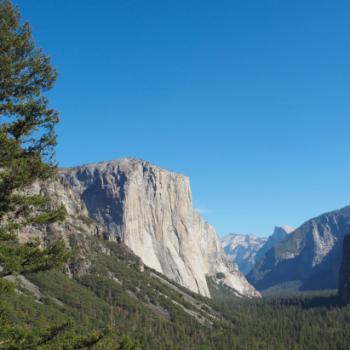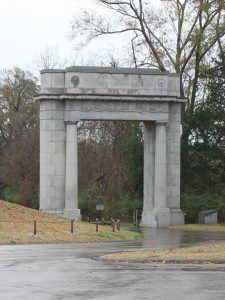 Cathy and I visited the Civil War battlefield at Vicksburg on our recent trip. We both have an interest in history and although we had driven through Vicksburg on several occasions we had never stopped – so this time we did.
Cathy and I visited the Civil War battlefield at Vicksburg on our recent trip. We both have an interest in history and although we had driven through Vicksburg on several occasions we had never stopped – so this time we did.
In the visitors center, we stood in front of a map that lights up to show troop movements and fighting engagements (is there a name for that kind of display?). An audio recording told the story of the Battle of Vicksburg.
Vicksburg was the last obstacle to the Union controlling the entire Mississippi River. Unable to take the city directly, in May and June of 1863 General Ulysses Grant laid siege to it. After 47 days of hunger and other suffering, the Confederates surrendered on July 4.
As I listened to the end of the narrative, I was struck with a feeling of sadness. Beyond the tremendous costs of war, beyond the horrible reason behind the war, there was sadness in the recognition of defeat. We lost. We lost.
This feeling was quite unexpected and I’ve been trying to understand it.
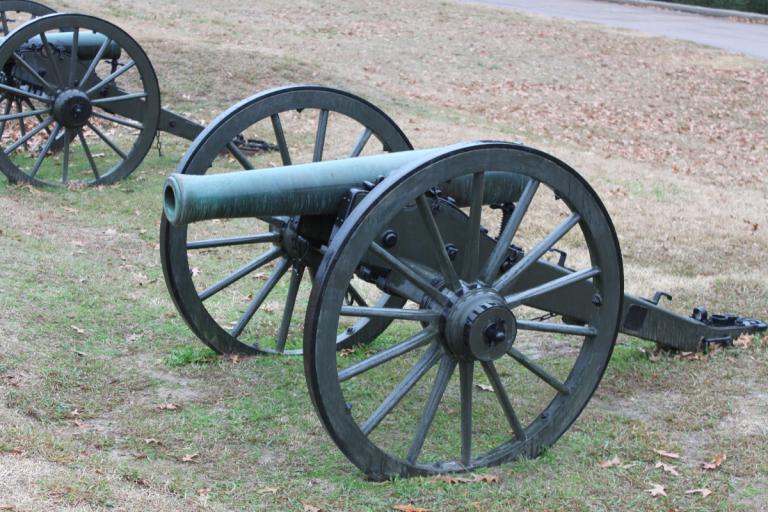 On one hand, much of my life has been surrounded by the relics of the Civil War. I grew up in Tennessee near the sites of some of the key battles: Chattanooga, Missionary Ridge and Lookout Mountain. I’ve hiked, biked and run all over Chickamauga – the site of the second bloodiest battle after Gettysburg. When I lived in Atlanta I worked in Stone Mountain and I hiked, biked and ran through Stone Mountain Park. I studied Civil War history in school and I’ve done a bit of reading on it, though none recently.
On one hand, much of my life has been surrounded by the relics of the Civil War. I grew up in Tennessee near the sites of some of the key battles: Chattanooga, Missionary Ridge and Lookout Mountain. I’ve hiked, biked and run all over Chickamauga – the site of the second bloodiest battle after Gettysburg. When I lived in Atlanta I worked in Stone Mountain and I hiked, biked and ran through Stone Mountain Park. I studied Civil War history in school and I’ve done a bit of reading on it, though none recently.
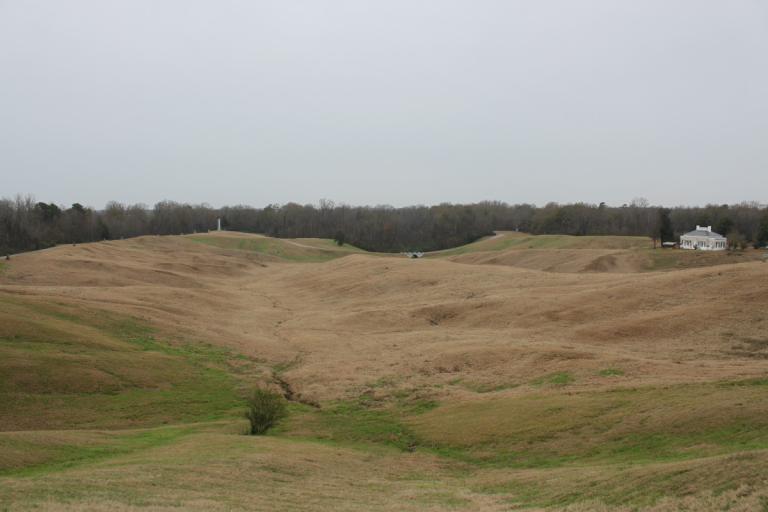 On the other hand, I’ve never been obsessed with the Civil War and I’ve certainly never had any favorable feelings toward the Confederacy. Growing up I never heard anyone describe slavery as anything short of abhorrent or the Civil War as anything short of necessary to end it. While certain Confederate generals were spoken of admirably, the idea of the Lost Cause was never mentioned, and in any case never carried any weight with me. I’ve never identified with the Confederacy before and there’s no reason why I should now.
On the other hand, I’ve never been obsessed with the Civil War and I’ve certainly never had any favorable feelings toward the Confederacy. Growing up I never heard anyone describe slavery as anything short of abhorrent or the Civil War as anything short of necessary to end it. While certain Confederate generals were spoken of admirably, the idea of the Lost Cause was never mentioned, and in any case never carried any weight with me. I’ve never identified with the Confederacy before and there’s no reason why I should now.
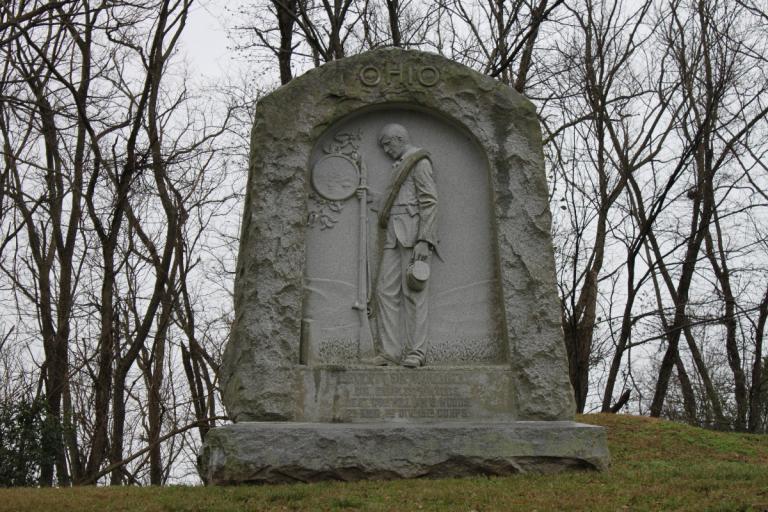 Am I feeling the pull of my ancestors? While statistically it’s likely at least one of my eight great-great-grandfathers fought in the Civil War, I don’t know if they did or not. I was never shown a picture of Great Uncle Somebody in a Confederate (or for that matter, a Union) uniform. The few ancestors I know about from that era were poor farmers who would have had little desire to fight for plantation owners… though a lack of personal interest has never kept ordinary people from getting caught up in the march to war.
Am I feeling the pull of my ancestors? While statistically it’s likely at least one of my eight great-great-grandfathers fought in the Civil War, I don’t know if they did or not. I was never shown a picture of Great Uncle Somebody in a Confederate (or for that matter, a Union) uniform. The few ancestors I know about from that era were poor farmers who would have had little desire to fight for plantation owners… though a lack of personal interest has never kept ordinary people from getting caught up in the march to war.
Am I feeling the pull of the land, to defend it against an invader? My experience with the spirits of the land is that they don’t much care which band of humans occupies their ground. And while I have a strong affinity for the land where I grew up, that’s back in Tennessee, not 400 miles to the West in Mississippi.
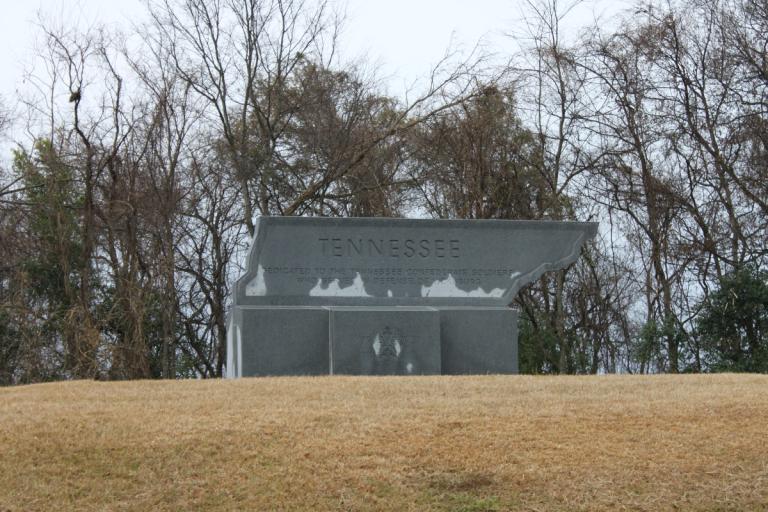 Am I feeling the pull of the tribe? Perhaps. Perhaps my roots in the South are are deeper than I think. Perhaps my instinct to favor us over them is strong enough to break through my revulsion at what we were fighting for. I’ve always thought of myself as an American first and foremost, but perhaps an identity as a Southerner and as a Tennessean was forged in ways I never noticed. Some tribes we get to choose – others we’re born into whether we fit well there or not.
Am I feeling the pull of the tribe? Perhaps. Perhaps my roots in the South are are deeper than I think. Perhaps my instinct to favor us over them is strong enough to break through my revulsion at what we were fighting for. I’ve always thought of myself as an American first and foremost, but perhaps an identity as a Southerner and as a Tennessean was forged in ways I never noticed. Some tribes we get to choose – others we’re born into whether we fit well there or not.
Perhaps. I honestly don’t know.
I do know this – I’m glad the South lost. I’m glad the Confederacy was defeated and I get blood-boiling angry when people invoke States Rights. Even though I’m happy we’re making progress towards marriage equality state by state, the idea that Americans have fewer rights in some states than others is offensive to my sense of justice. I don’t know what life in a 21st century Confederacy would be like but I doubt it would be very pleasant for me, to say nothing of what it would be like for my friends of African heritage. I’m very glad the South lost.
But on a rainy day in Vicksburg, I was also a little sad.
